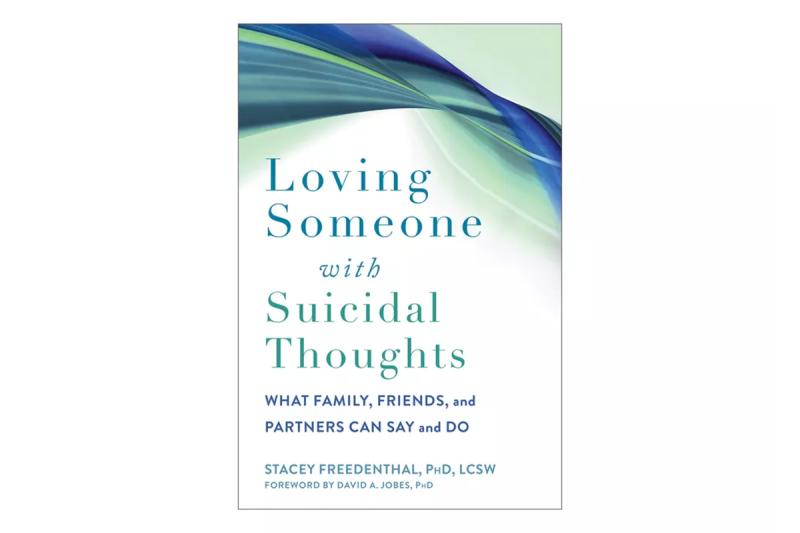Loving Someone with Suicidal Thoughts
A new book by Prof. Stacey Freedenthal helps people talk about suicide

How do you know whether someone has suicidal thoughts? The best way to learn is to ask, advises University of Denver Graduate School of Social Work (GSSW) Associate Professor Stacey Freedenthal, a psychotherapist and suicidologist who authors the Speaking of Suicide website.
“Roughly half of people who die by suicide don’t reveal or hint at their intentions beforehand,” Freedenthal wrote in a recent column for the Washington Post. But asking about suicide isn’t easy, she says. “I often meet people who are afraid to pose the question.”
To help facilitate conversations about suicide, Freedenthal wrote the new book “Loving Someone with Suicidal Thoughts: What Family, Friends, and Partners Can Say and Do” (New Harbinger Publications, 2023). The book covers signs of suicide risk, shares treatment options and answers a range of common questions, such as:
- How do I talk with my loved one about their suicidal thoughts?
- When should I call the police?
- What do I say and do after a suicide attempt?
- How can I help the person I care about stay safe?
- What can I do to help them feel better, too?
- What does recovery look like after a suicidal crisis?
People who worry a loved one is considering suicide are often reticent to ask because they fear that talking about suicide will plant the idea. However, research has shown that asking about suicidal thoughts does not cause harm, Freedenthal explains. Rather, asking about suicidal thoughts “can open the door to a conversation.”




